‘Why is my body doing that?’: SA mum-of-two Kathryn Simile’s shock cancer diagnosis
Being told you’re terminal is only scary if you know how long you have left, claims mum Kathryn Simile. After all, “you could be hit by a bus tomorrow”.
Health
Don't miss out on the headlines from Health. Followed categories will be added to My News.
Kathryn Simile doesn’t know how serious her cancer diagnosis is.
Her doctors do and if she asked them, they would tell her, but she does not have any interest in asking and probably never will.
“I know realistically it will probably get me one day but I don’t know when that’s going to be,” the 49-year-old told The Advertiser.
“I say to my husband all the time ‘you could get hit by a bus tomorrow and die before me’ I don’t know what the future is. It’s irrelevant.”
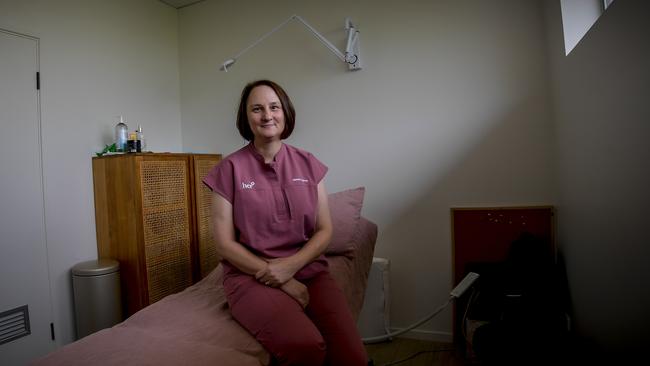
Her focus is on spending her time enjoying each moment with her two daughters Alayna and Kaylie, husband Tony and working as a dedicated midwife.
The mum lives with bowel cancer, stage unknown, and it has spread to her lungs.
She opened up to The Advertiser as part of our campaign Too Young For Cancer, raising awareness to the rising number of under 50s getting cancer in Australia.
In December 2020 Kathryn, from Tranmere in Adelaide, noticed she needed to go to the bathroom more often than usual.
“I was very regular with my bowel movements. I was morning and night like clockwork all my life and then in December … it changed a lot,” she said.
“I was having to go to the toilet in the middle of the day.”
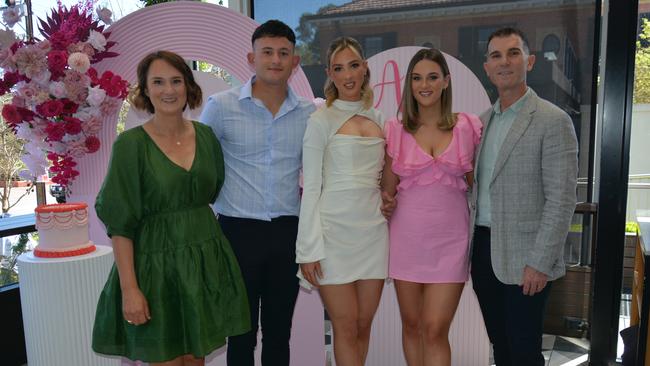
But for Kathryn, who works as a midwife, there was no blood in her stools, just a heavy feeling in her bottom.
“I was finding it harder to work and stay on my feet so I went to the GP in January and she ordered a few tests and nothing came back alarming,” she said.
Kathryn even had an ultrasound that came back completely normal.
Her doctor decided to schedule her with a gastroenterologist for six weeks time, but before Kathryn made the appointment she began feeling intense pain while at work.
“I work with a doctor and I just burst into tears and said ‘I don’t know what’s going on, I just don’t feel right’, and she got me in to see a doctor,” Kathryn said.
“Pretty much within a week I found one that I had rectal cancer.”
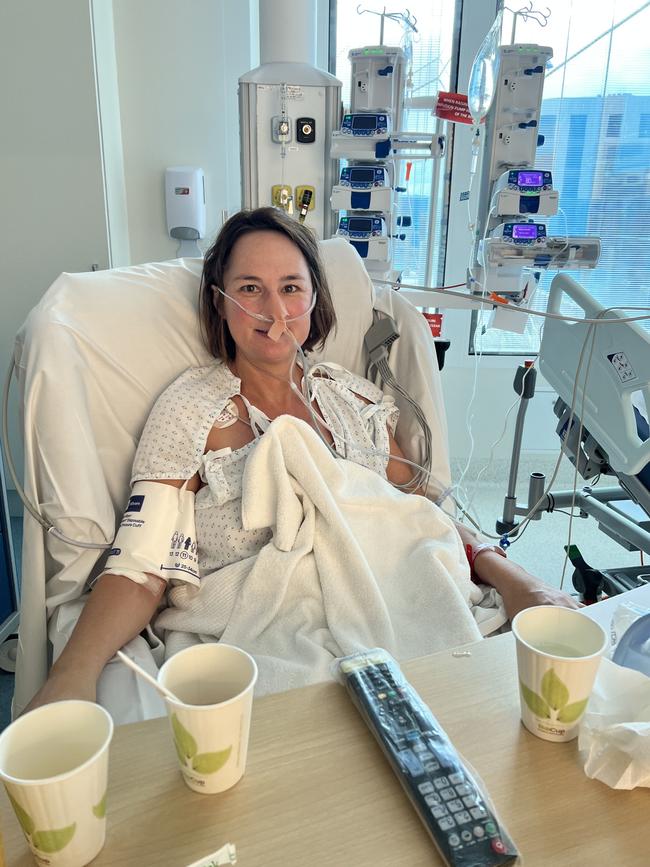
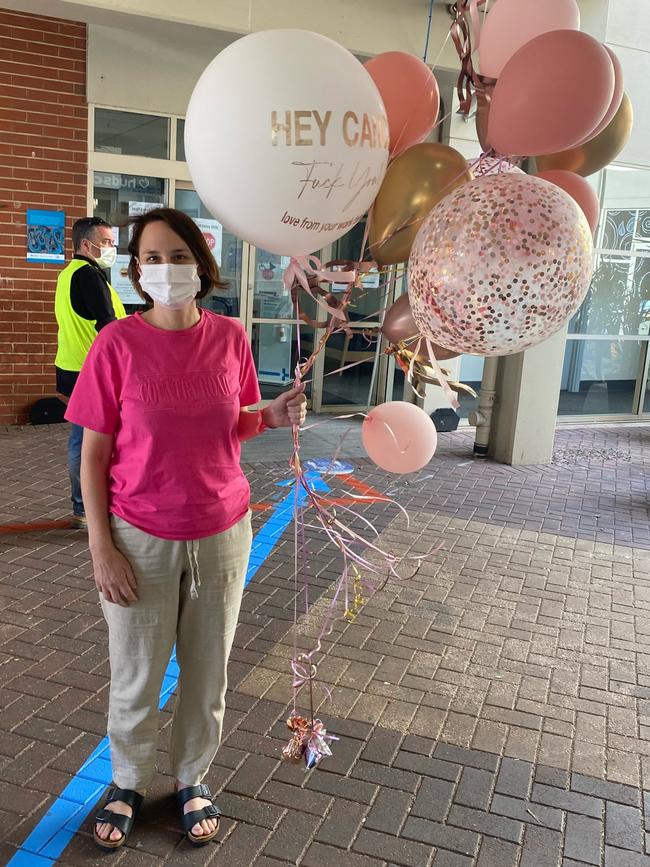
Doctors told Kathryn she had been likely living with the “big tumour” for at least two years prior.
“You look back and you think ‘did I miss something?’,” she said.
“(I was) blown away that it had been there for two years with no symptoms whatsoever.
“I would act on them if I knew, if I thought something was wrong but I had no symptoms, which was the scary part.”
Having coeliac disease, Kathryn has always been really aware of her body.
“It just didn’t make sense and I have no family history, he (the doctor) just said I was unlucky, so yeah I felt ticked off,” she said.
“I feel like, can you give me a sign I would’ve done something about it, but I had no signs whatsoever.”
Immediately Kathryn began treatment, which she’d go on to have over the years – months of multiple chemotherapy sessions and radiation including targeted radiation on the cancer found in her lungs, along with a surgery to remove her rectum causing her to have a permanent stoma and a full hysterectomy.
“(They) took out as much stuff as they could so that cancer couldn’t go into it,” she said.
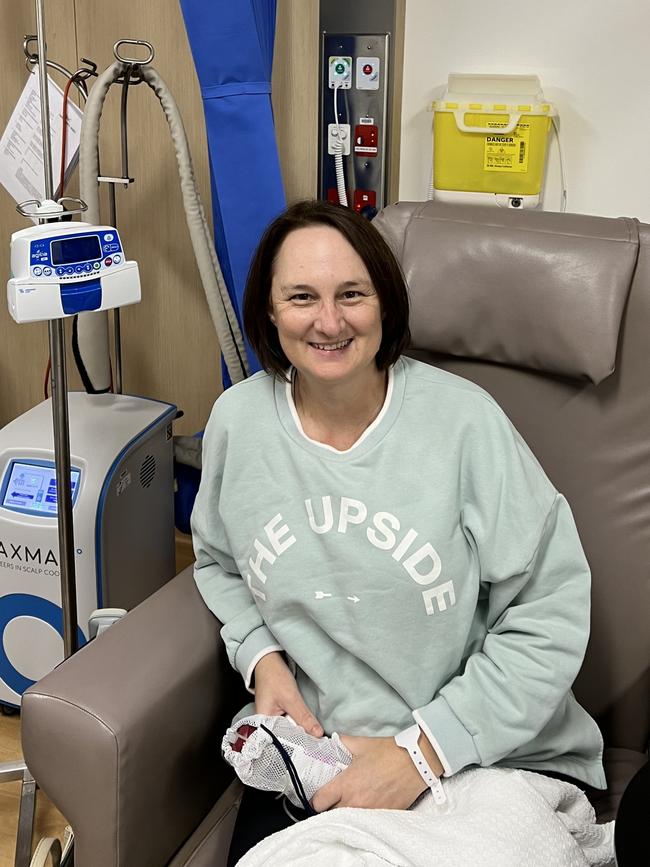
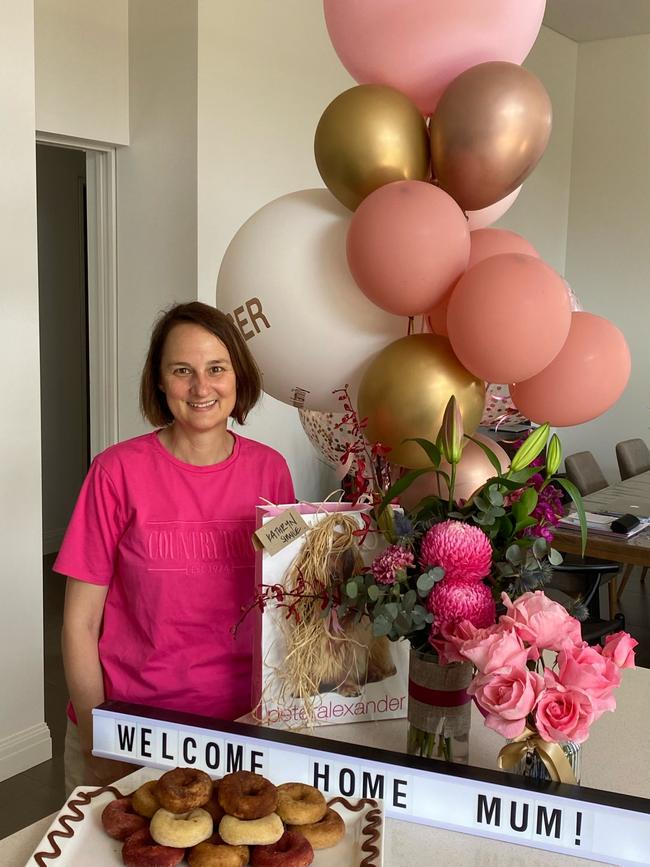
When the mum-of-two was told she had cancer she couldn’t help but think her life would “never be the same”.
“Even if I get rid of it, even if we do it, it’s never going to be the same,” she said.
“It’s going to be constantly wondering, what’s that? What’s my body doing? Why is my body doing that?”
Kathryn knew her life would not only never be the same for herself but also her family.
“It’s about all the stress you then put on your kids and your partner that they worry about you, that’s by far the hardest part for me, is how it affected their lives,” Kathryn said.
“They can’t live as carefree anymore because they’re always worried about me.”
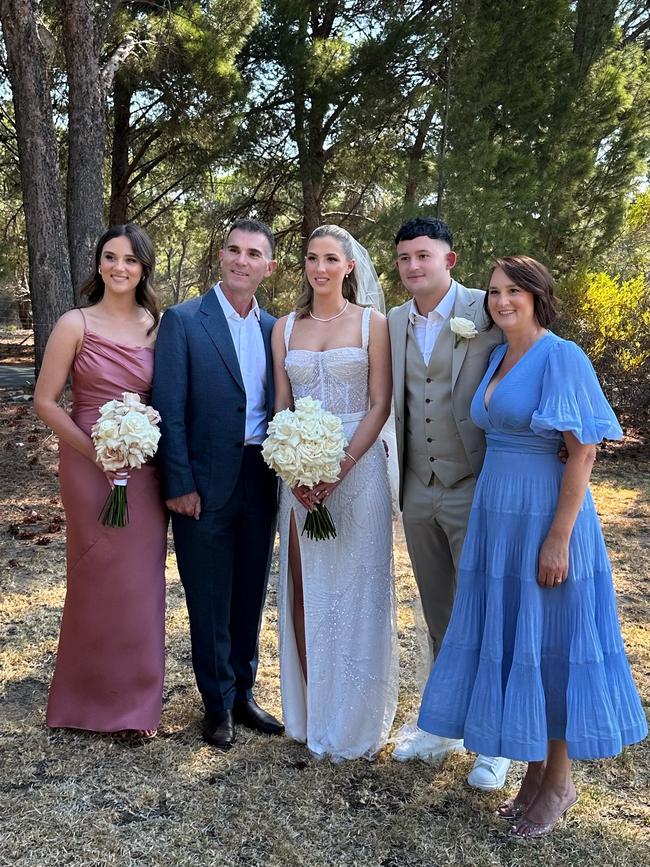
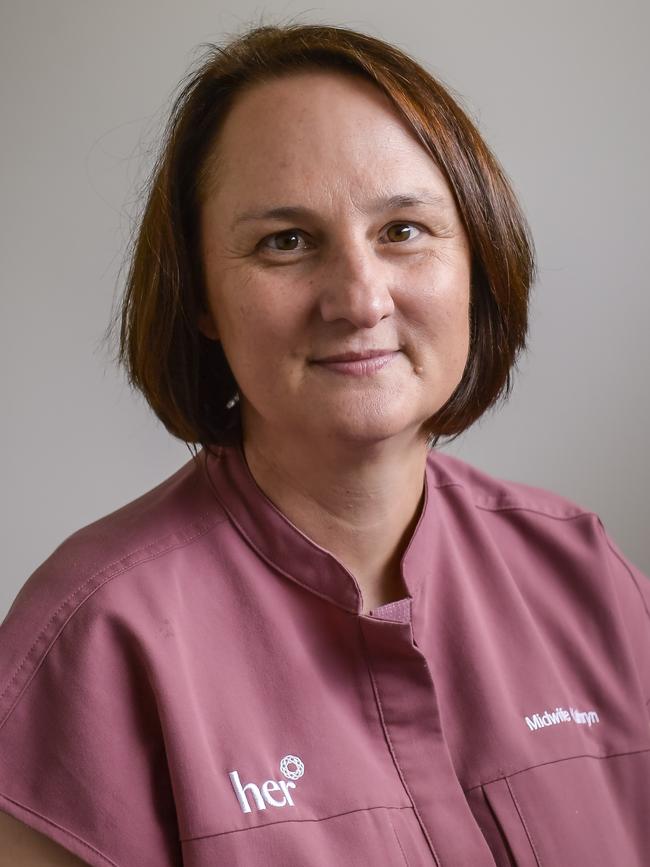
As part of The Advertiser’s Too Young For Cancer campaign, Kathryn is one of a rising number of young people being diagnosed with cancer.
Bowel cancer diagnosis are on the rise, jumping from 6,992 in 1982 to 15,531 in 2019. But there’s still a lot of misinformation about young people and bowel cancer.
Of the over 15,000 bowel cancer cases diagnosed in Australia each year, one in 10 is now someone under 50.
Nick Lee OAM from the Jodi Lee Foundation said there is a seven-week to two-year delay in bowel cancer diagnosis in adults under the age of 50 in Australia.
“This is thought to be due to a low level of suspicion for bowel cancer by clinical providers who assume a benign diagnosis such as irritable bowel syndrome, haemorrhoids, food intolerances, etc,” he said.
“Over the last 30 years there has been a 266 per cent increase in bowel cancer incidence rates in younger people in Australia. However, if detected early, bowel cancer is up to 99 per cent treatable.
“Not only are the survival rates much higher in stage one bowel cancer patients, (at) 99 per cent, than stage four, (at) 13 per cent, but bowel cancer has the potential to be prevented through removal of precancerous polyps via a colonoscopy.”
Bowel cancer is just one of many cancers on the rise in young people, with doctors labelling it a worrying “epidemic” that is set to accelerate in the next few years.
By 2030, one recent study published in BMJ Oncology estimated the number of these early-onset cancer diagnoses could increase by roughly 30 per cent worldwide – and the number of people who die from their conditions could rise by about 20 per cent.
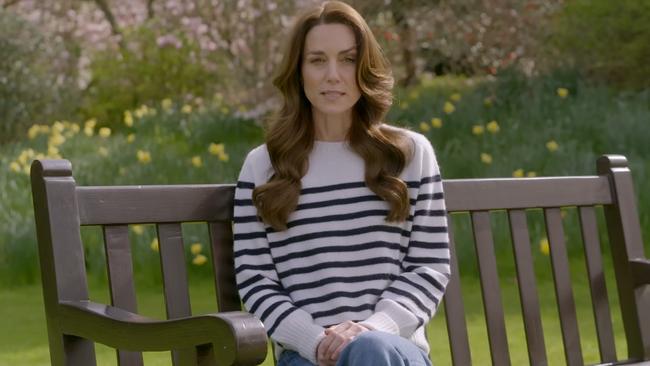
It comes as Catherine, Princess of Wales, shared her own cancer diagnosis at just 42 years old in March after months of speculation.
Hollywood actor Olivia Munn, 43, has detailed her “terrifying” cancer journey on social media, saying she now no longer fears death.
What’s causing this? Recent research Taussig Cancer Institute in the US suggests our cells are ageing faster than ever due to a rise in stressful sedentary lifestyles and poor food choices. But really, the rise has doctors baffled and in March it was announced that Government-funded researchers at top universities in the US and UK will receive up to $25 million over five years to investigate.
“If you have been experiencing any of the symptoms of bowel cancer for longer than two weeks, we urge you to go and see your GP and explain to them what symptoms you have been having … trust your gut,” Mr Lee said.
Kathryn’s workplace HER Health along with Resolve Divorce have teamed up to participate in the Jodi Lee Foundation Trek SA and are seeking donations which can be made online on the Jodi Lee Foundation’s website.
If you would like more information or support about living with cancer, treatment or diagnosis, please contact the Cancer Council on 13 11 20.
More Coverage
Originally published as ‘Why is my body doing that?’: SA mum-of-two Kathryn Simile’s shock cancer diagnosis





